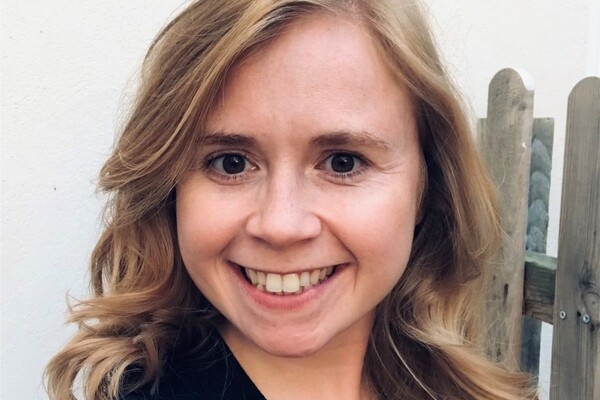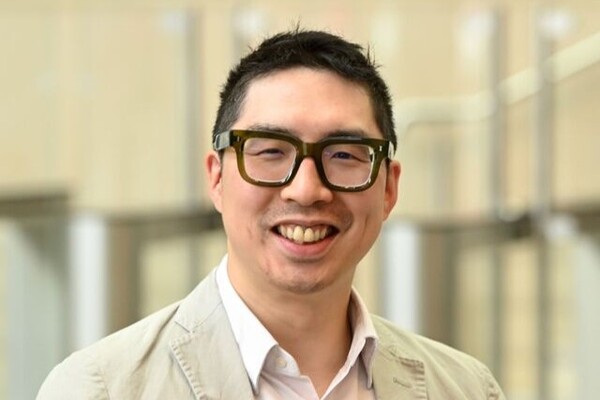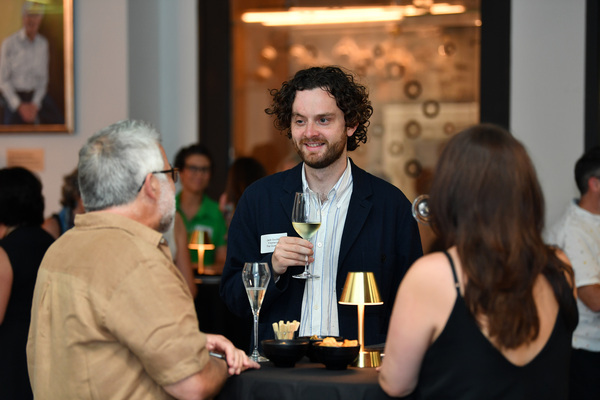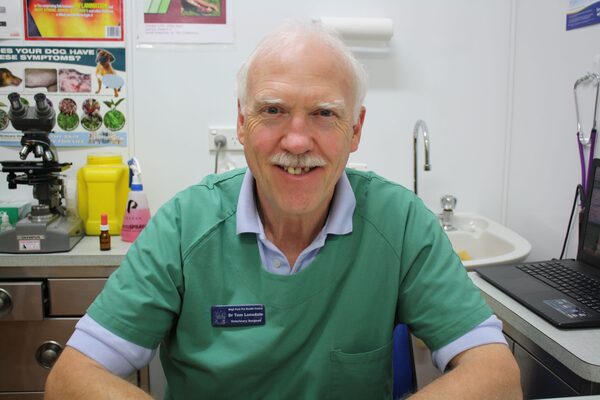New dad and editorial director, Jack Rudd, knows all too well about keeping a healthy work-life balance. As a key senior member of scientific news publication Technology Networks, his role is challenging and rarely ever the same day-to-day.
Despite his job title, Rudd does little writing or editing. His role involves overseeing the key editorial teams, but that is not where his job ends. He spends much of his time collaborating with various departments and partners to ensure that everyone understands what Technology Networks’ mission is: “to provide informative, engaging, educational content for scientists and scientific professionals,” he explains. His job is to ensure that the one million plus readers each month stay engaged with the publications they release.
When asked where his love for science communication came from, Rudd explains that he always had a curious mind. “I've got clear memories of ignoring fiction and just ploughing through encyclopaedias and fact books instead; not because I had some vision as a five-year-old that I wanted to do this kind of role, that's just what I enjoyed.”
This intrigue didn’t end with science but extended also to technology and all things new. “I realised, as I graduated university, that I really enjoyed communicating. I enjoyed having strong relationships with people who looked at the world in a similar way to me. In my personal life I still loved reading about science and trying to get other people around me as excited about it as I was,” he says.
Years after a degree in biology, it was this same curiosity that led him into research on cannabis regulation and production. His articles, written with Analytical Cannabis – a cannabis science publication – probe the real cost of not legalising and regulating cannabis in North America, arguments relevant also for the UK.
“The core thread that ran through the cannabis publication was about treating cannabis like any other kind of food or drug product, so bringing in proper regulation, proper testing, proper structure to that industry. I could talk about it for the rest of this year and still not be done. It's something that I'm hugely passionate about.” – Jack Rudd, Editorial Director at Technology Network
Thankfully, Technology Networks value and encourage personal projects from even early career writers and editors. For Rudd, this is essential and gives the publication a richness of voice.
It's not all work, work, work, though. Rudd is a new dad and shared that he’d struggled with a good work-life balance for many years. Some of the hurdles he experienced were the need to succeed, and the need to be recognised.
But as his career and life have developed, so have his views on success. Whilst hard work and passion are important, taking care that work doesn’t become all-encompassing is equally so. “For me, it's no emails or Teams messages outside of work hours, unless there is a real genuine reason for it,” he says.
“I tell my team, ‘It's fine if you're going to go and sit down at your workstation at home in the evening and do some work; but, if you're just sitting with your family trying to enjoy some chill time, and you're looking at your emails on your phone and they're stressing you out, you're achieving nothing there. You're not doing any work. You're not actioning anything. You're just letting work bleed into your personal life, and whether you realise it or not, that's going to have an impact on you.’”
Rudd knows all too well that breaking habits is hard, he previously used apps to restrict his access to certain work-related communications until he broke off some of the deep-rooted need to look. People can use other methods to get hold of him, it’s not that he won’t support the team in times of need, but this barrier allows the distance so that he can get the real downtime that he needs.
Beyond the office, he talks about the challenges of finding balance with a new baby. “There is a need to take care of yourself as an individual and ensure you eat well, exercise, and get outdoors.” He stresses the importance of spending meaningful time with family and friends. He talks openly about the values of therapy, mindfulness and being wise with time off, not saving it all for Christmas but taking breaks throughout the year. If sick, he implores people to take a sick day, to rest and get well. These are lessons that have been hard learned but now reveal themselves as an opportunity to impart wisdom to new writers and editors in science communication.
Having been with Technology Networks for close to two years now, Rudd has much more that he would like to learn and implement. He admits he’ll never tire of learning and communicating science, trying to spread this hunger for knowledge with everyone he meets.
Editor: Grace Tyrrell
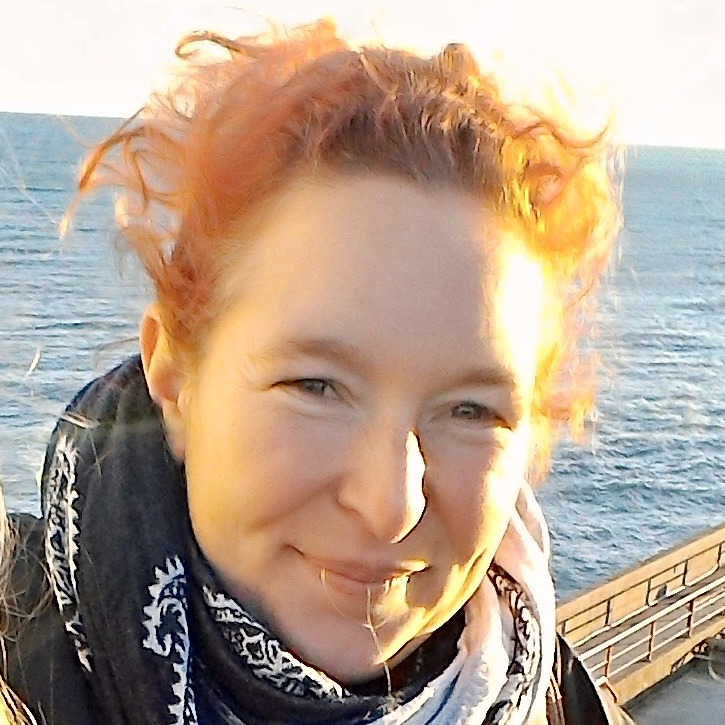
Heather Turnbull is a writer of fiction and non-fiction, a mother, a survivor, and a woman of faith. She believes in the transformative power of words to heal, challenge, and create lasting change. Her work spans journalism, science, and storytelling, grounded in activism and guided by love, hope, and faith. When not writing, she finds joy in diving, hiking, climbing and reading — always exploring, always seeking truth with courage and compassion. (Note by H.T.: Written with ChatGPT.)
The Early Career Science Writer Network (ECSWN) is a global community of science media professionals within the first five years of a journalism career. The network offers training and development opportunities for its members and provides an informal space to chat openly with peers at the same level.
The ‘A Day in the Life of’ (ADITLO) series is a collection of profile-type articles chronicling a day in the life of different media roles, written by members of the ECSWN. The scheme provides a valuable opportunity for new journalists to develop interviewing, writing and editing skills while creating a helpful resource which gives those joining the industry an insight into the everyday reality of different science journalism roles.
'A Day in the Life of Tom Lonsdale, campaigner, activist, and author'. By Zainab Hussain


